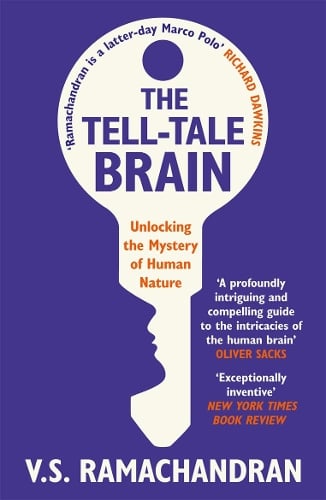The book is praised for its absorbing puzzles and case histories that highlight the profound impact even mild head injuries can have. It serves as a reminder of the brain's complexity and the mysteries it holds.
The reviewer is captivated by the book's exploration of the brain's enigmatic nature through compelling case studies. They appreciate how the author uses these narratives to illustrate the profound and often unexpected consequences of brain injuries, even those that seem minor. The book is seen as a fascinating journey into the frontiers of neurology, offering insights into normal brain function and its evolution. The reviewer is particularly struck by the author's ability to make complex neurological concepts accessible and engaging.
Quick quotes
The Tell-Tale Brain, with its absorbing puzzles and case histories, reminds us that even the mildest-seeming head injury can result in death.
Ramachandran's book is a testament to the brain's complexity and the mysteries it holds.
The author's ability to make complex neurological concepts accessible and engaging is commendable.
